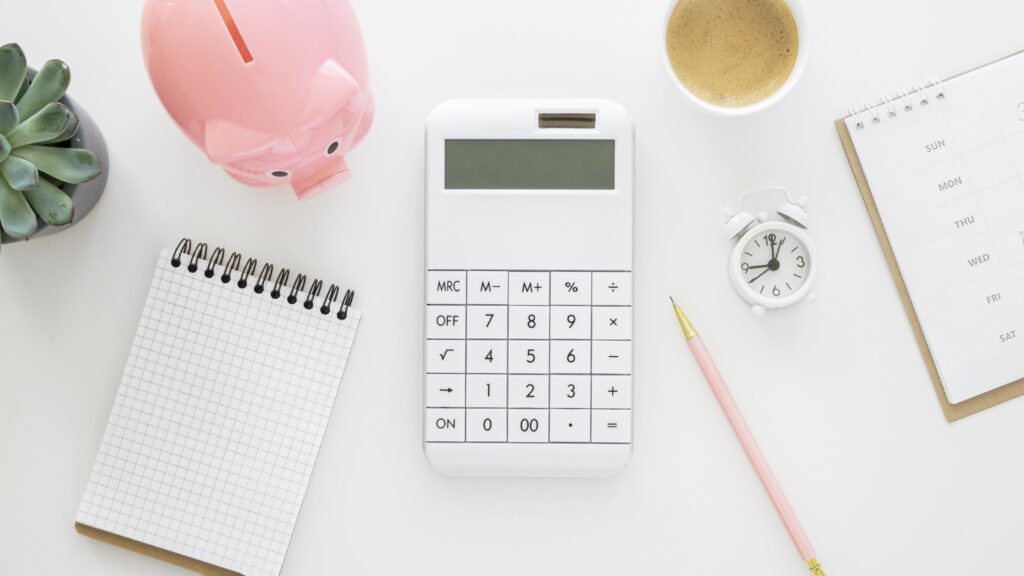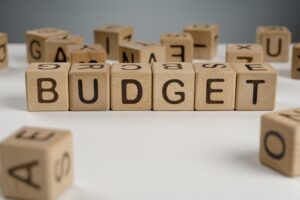
A budget is telling your money where to go instead of wondering where it went. – Dave Ramsey
In Nigeria, the importance of creating and sticking to a budget cannot be overstated. With fluctuating inflation rates, an unpredictable economy, and varying income streams, effective budgeting is a critical tool for financial stability. This article has been split into a two part series and will provide a practical guide on how to create a budget that works, tailored to fit the Nigerian context.
What is a Budget?

A budget is a financial plan that outlines your expected income and how you plan to spend or save it over a period of time, usually monthly. It is a tool for controlling your finances, prioritising spending, and ensuring that you don’t live beyond your means. Budgets help you allocate money to essential expenses, savings, debt repayment, and discretionary spending.
Why is Budgeting Important in Nigeria?

- Economic Instability: Nigeria’s economy experiences fluctuations, making it difficult to predict costs, especially for essentials like food, transportation, and utilities.
- Rising Inflation: Inflation often erodes purchasing power, meaning that without careful planning, your money might not stretch as far.
- Multiple Income Streams: Many Nigerians have side hustles in addition to their primary jobs. Budgeting helps manage these diverse sources of income effectively.
- Cultural Pressures: Social obligations, like weddings, funerals, and other celebrations, often create unexpected financial burdens. A budget helps you allocate funds without destabilizing your finances.
Steps to Creating a Budget That Works

-
Track Your Income
The first step to creating a budget is understanding how much money you make. This includes:
- Salary: Your monthly take-home pay after deductions.
- Side Hustles: Income from additional jobs, businesses, or freelance work.
- Irregular Income: If your income is inconsistent (e.g., seasonal work or contracts), use an average of the last few months to estimate.
Example:
- Salary: ₦150,000
- Freelance: ₦30,000
- Total Income: ₦180,000
-
List Your Expenses
Categorize your expenses into fixed and variable costs.
- Fixed Expenses: These are costs that remain constant each month.
- Rent or mortgage payments
- Electricity bills (especially if you’re on prepaid meters)
- School fees (if applicable)
- Loan repayments
- Variable Expenses: These fluctuate from month to month.
- Food and groceries
- Transportation (fuel, public transport, etc.)
- Airtime, data bundles, and electricity units
- Medical bills
- Social obligations (contributions to family events, church donations, etc.)
Example:
- Rent: ₦50,000
- Food: ₦30,000
- Transportation: ₦15,000
- Airtime and Data: ₦8,000
- Total Expenses: ₦103,000
-
Prioritize Your Needs Over Wants
In a budget, you need to differentiate between needs (essential items you cannot live without) and wants (non-essential items). This might look like:
- Needs:
- Food
- Rent
- Transportation
- Electricity
- School fees
- Healthcare
- Wants:
- Eating out
- Fashion items (clothes, shoes, etc.)
- Entertainment subscriptions (Netflix, Showmax, etc.)
- Social events
To create an effective budget, allocate most of your income to needs and reduce the spending on wants.
Enjoying the read? Stick around for part two coming up next week!
